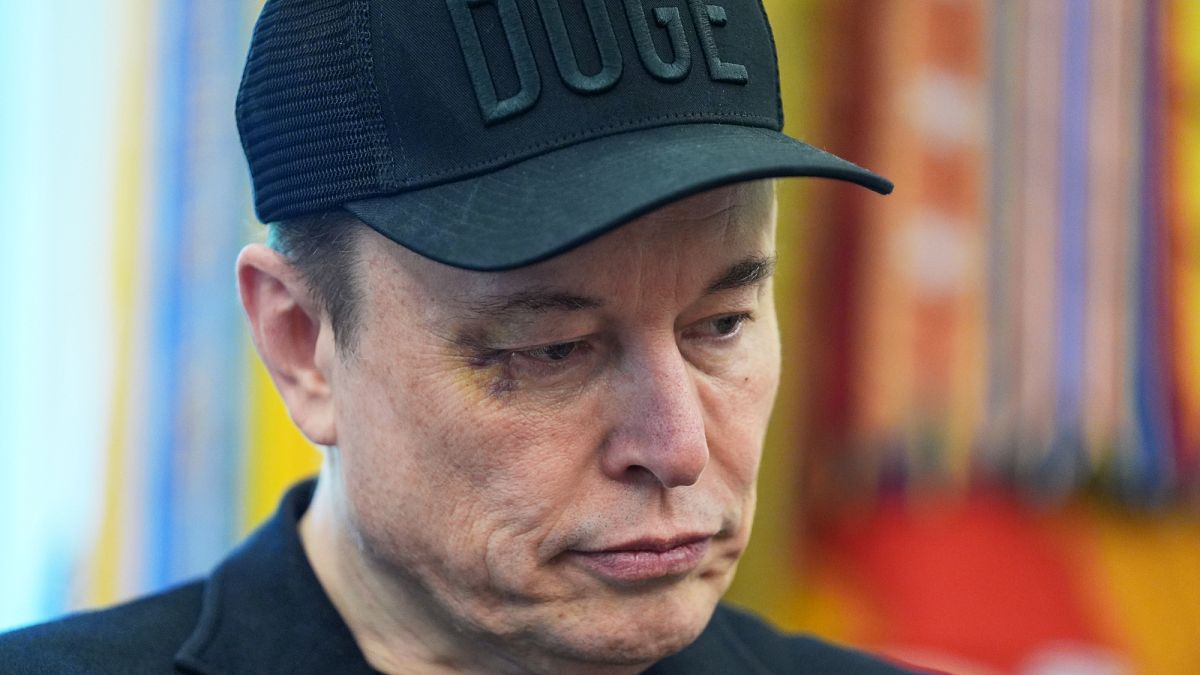

In the realm of space exploration and development, significant strides are being made by both the United States and the European Union. The US Senate has recently approved a substantial $10 billion funding package aimed at advanced Moon missions. This ambitious financial commitment underscores America’s dedication to furthering lunar exploration. With the funds allocated, NASA stands poised to push the boundaries of what is possible, even in the face of opposing views from prominent figures like SpaceX’s Elon Musk. Musk expressed reservations regarding NASA’s current direction, yet the Senate’s decision highlights a contrasting vision and commitment to lunar exploration, demonstrating the multi-faceted perspectives within the space exploration community.
Across the Atlantic, the European Union is equally invested in expanding its space endeavors. The EU Commission, in the final stages of drafting its post-2027 budget, is advocating for increased allocations towards defense and space initiatives. With the EU’s seven-year budget already set at €1.2 trillion, there is a clear intention to prioritize and substantially bolster funding for space projects. This move reflects the EU’s strategic focus on enhancing its capabilities in space, aiming to keep pace with global advancements and secure its position as a formidable player in the field.
The financial sector is also witnessing transformative changes. Spain’s Santander Bank is set to fortify its presence in the United Kingdom by acquiring TSB Bank. This acquisition will elevate Santander to the position of the third-largest bank in the UK concerning personal current account shares. Such strategic expansion not only strengthens Santander’s foothold in the UK market but also underscores the dynamic and interconnected nature of global banking networks. This important step for Santander represents the bank’s commitment to growing its influence and adapting to the evolving financial landscape.
Meanwhile, in the electric vehicle (EV) battery sector, there is a call for renewed focus on local production to ensure sustainability and resilience. Following the unfortunate collapse of Sweden’s Northvolt, France’s Verkor, supported by Renault and other major investors, emphasized the importance of maintaining strong backing for European firms. The ‘local for local’ approach advocated by Verkor highlights the necessity for localizing production to mitigate risks and support the local economy. This perspective serves as a reminder of the importance of sustaining robust support systems for European companies amidst global challenges.
As these sectors evolve, they embody the spirit of innovation and adaptability. The unfolding developments in space exploration, banking, and the EV battery industry illustrate a landscape teeming with potential and opportunity. Each initiative not only seeks to augment present capabilities but also paves the way for a more integrative and forward-looking future. With strategic funding, thoughtful acquisitions, and localized support, these industries are setting the stage for remarkable progress and collaboration, ensuring their vitality in the global arena.
Source: {link}
